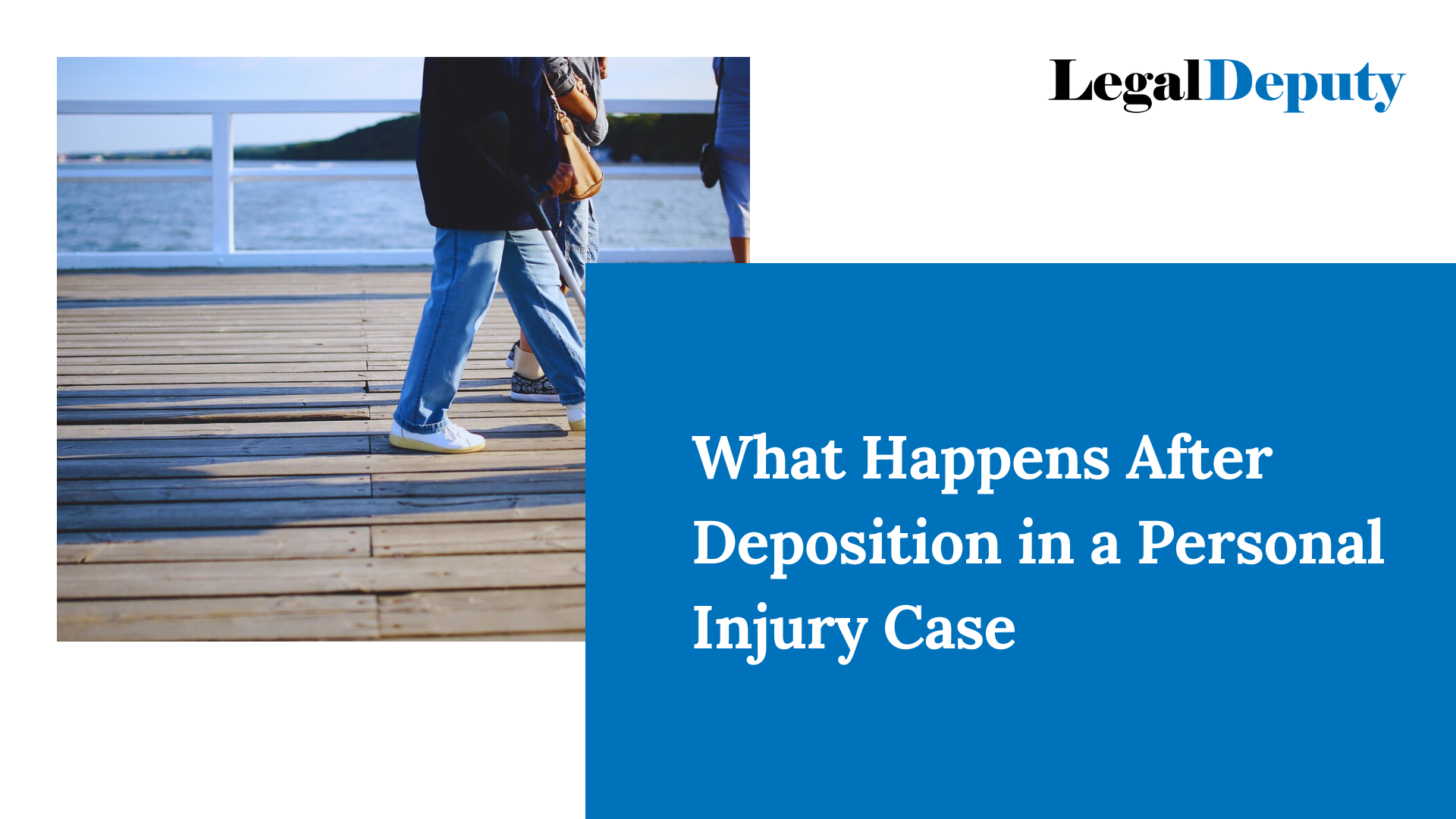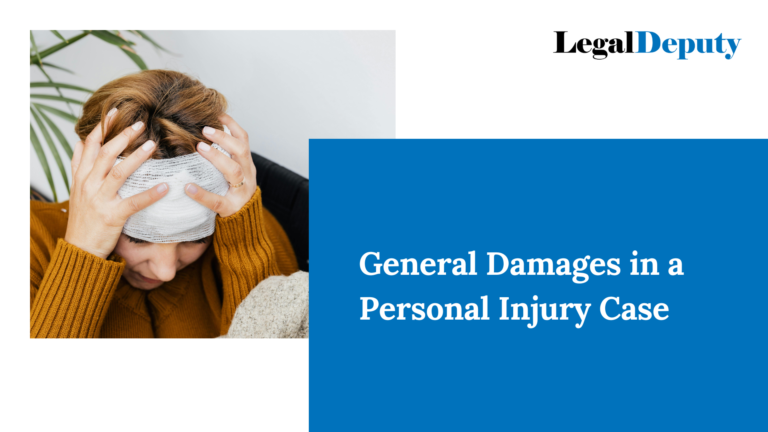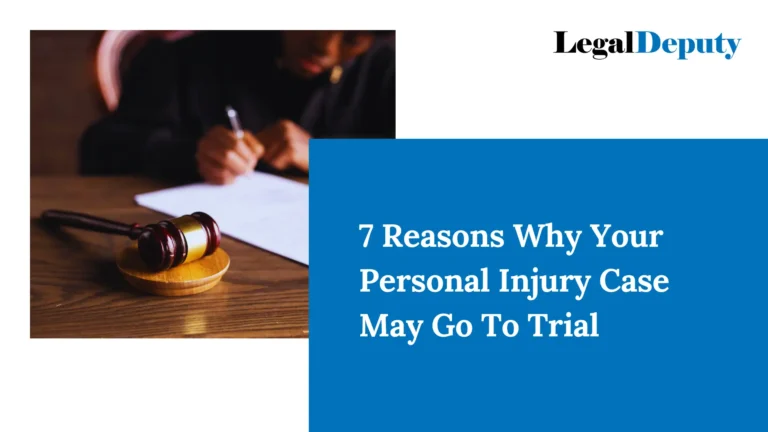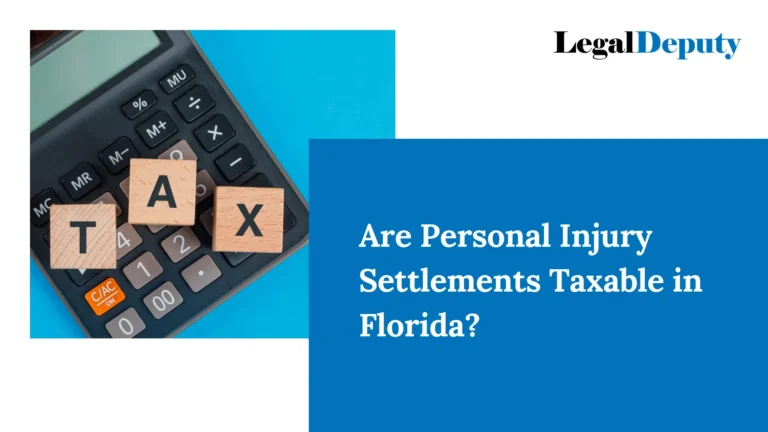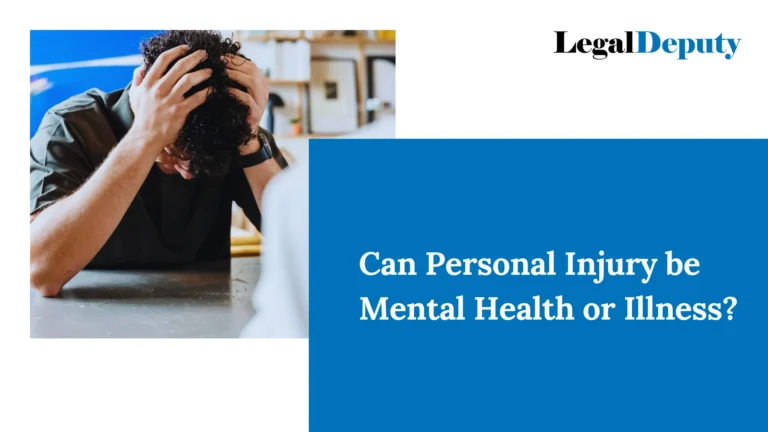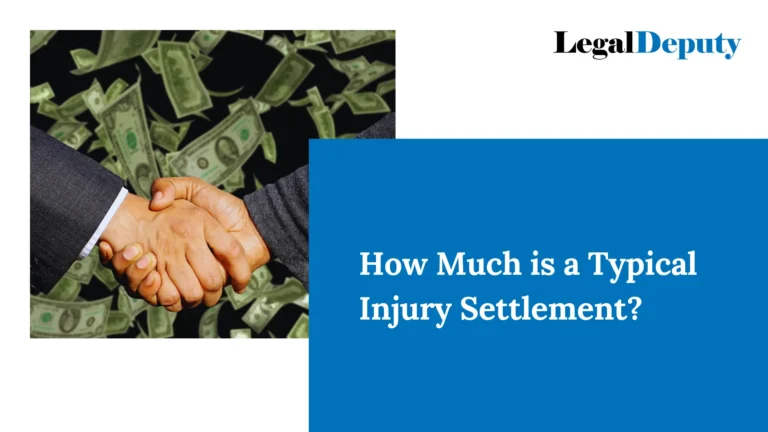What Happens After Deposition in a Personal Injury Case – An Ultimate Guide
Navigating a personal injury case can be overwhelming, especially when it comes to understanding the legal processes involved. One crucial step in these cases is the deposition, where both parties gather evidence by questioning witnesses under oath. But what happens after the deposition?
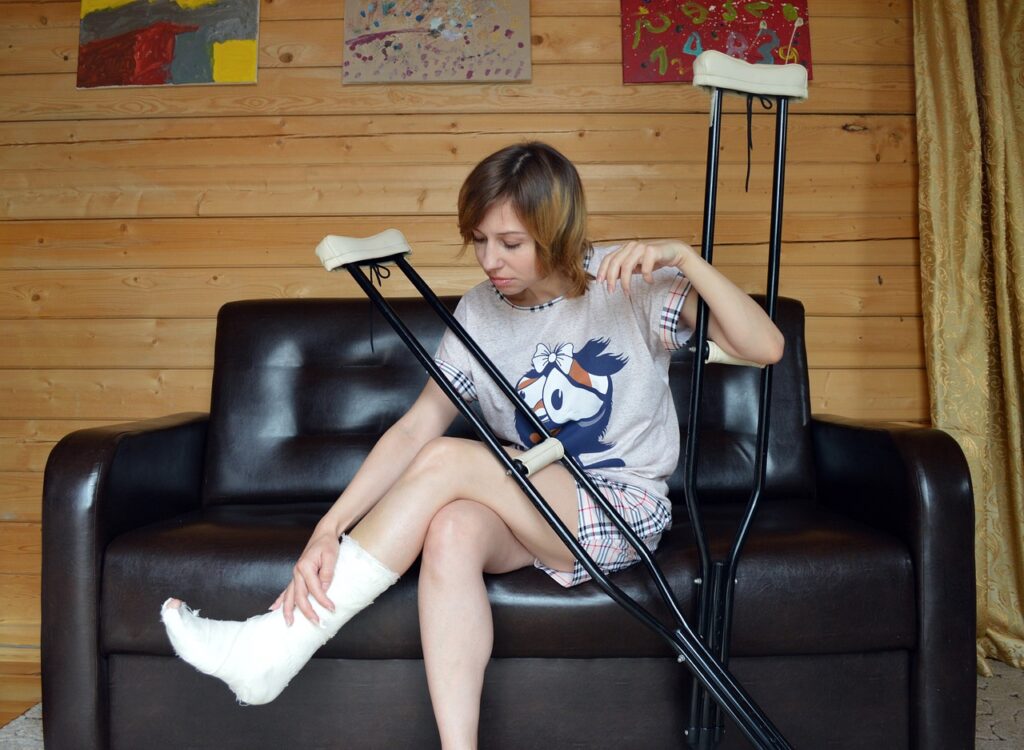
This blog will walk you through the post-deposition steps, potential outcomes, and timelines, providing reassurance and clarity during this often stressful period.
What is a Deposition?
A deposition is a part of the discovery process in personal injury cases. During a deposition, attorneys from both sides question witnesses, including the parties involved in the accident. This testimony is given under oath and is recorded for later use in court. The primary purpose of a deposition is to gather information, clarify facts, and build a case strategy.
Steps After a Deposition
1. Review of Deposition Transcripts
Once the deposition is completed, the court reporter will prepare a transcript of the testimony. Attorneys from both sides will review these transcripts carefully. This review helps in identifying any inconsistencies or new information that could impact the case. The accuracy and completeness of the testimony are crucial as they can influence settlement negotiations and trial strategies.
2. Settlement Negotiations
After reviewing the deposition transcripts, both parties often engage in settlement negotiations. These negotiations aim to reach a mutually agreeable resolution without going to trial. Settlement discussions can be influenced by the strength of the evidence, the clarity of the testimony, and the willingness of both parties to compromise. If an agreement is reached, the case can be resolved quickly, saving time and legal expenses.
3. Pre-Trial Motions and Hearings
If a settlement is not reached, the case moves forward with pre-trial motions and hearings. These legal procedures address various issues, such as motions to dismiss certain evidence or to compel additional discovery. Pre-trial motions are critical as they shape the scope of the trial and the evidence that will be presented.
4. Trial Preparations
As the trial date approaches, both parties will intensify their preparations. This phase includes finalizing witness lists, organizing exhibits, and developing opening and closing statements. Trial preparations are meticulous and detail-oriented, ensuring that each side is ready to present its case effectively.
Want a Free Consultation?
Potential Outcomes
Settlement Agreements
One potential outcome after a deposition is reaching a settlement agreement. Settlements can occur at any stage, even after trial preparations have begun. A settlement provides closure and compensation for the injured party without the uncertainty of a trial verdict.
Going to Trial
If a settlement cannot be reached, the case proceeds to trial. During the trial, both sides present their evidence and arguments before a judge or jury. The trial outcome can vary, resulting in a verdict in favor of either the plaintiff or the defendant. Trials can be lengthy and complex, requiring extensive preparation and legal expertise.
Appeals Process
In some cases, the trial verdict may be appealed. An appeal involves a higher court reviewing the trial proceedings for legal errors. The appeals process can be lengthy and may result in the original verdict being upheld, overturned, or modified.
Timelines and Expectations
The timeline for personal injury cases can vary significantly based on several factors, including the complexity of the case, the court’s schedule, and the willingness of both parties to negotiate. Generally, the period after a deposition to a trial or settlement can range from a few months to over a year. Understanding these timelines helps manage expectations and reduces stress.
FAQ Section
Q1: How long does it take to get the deposition transcript?
A1: Typically, it takes a few weeks to receive the transcript, but this can vary depending on the court reporter’s workload and the complexity of the deposition.
Q2: Can new evidence be introduced after the deposition?
A2: Yes, new evidence can be introduced, but it must be disclosed to the other party through the discovery process.
Q3: What if I can’t settle my case?
A3: If a settlement cannot be reached, the case will proceed to trial, where both parties will present their evidence and arguments.
Q4: How should I prepare for trial after a deposition?
A4: Work closely with your attorney to review all evidence, practice your testimony, and understand the trial procedures.
Conclusion
Understanding what happens after a deposition in a personal injury case can provide clarity and reassurance during a challenging time. Whether through settlement negotiations or preparing for trial, knowing the steps and potential outcomes helps manage expectations and reduces anxiety. If you’re involved in a personal injury case, staying informed and working closely with your attorney is crucial.
If you need further assistance or legal advice, please fill out the form below to get in touch with a qualified attorney who can guide you through your personal injury case.

